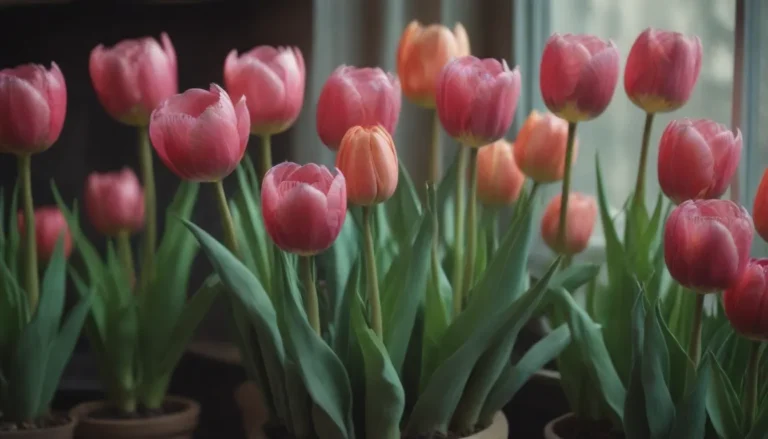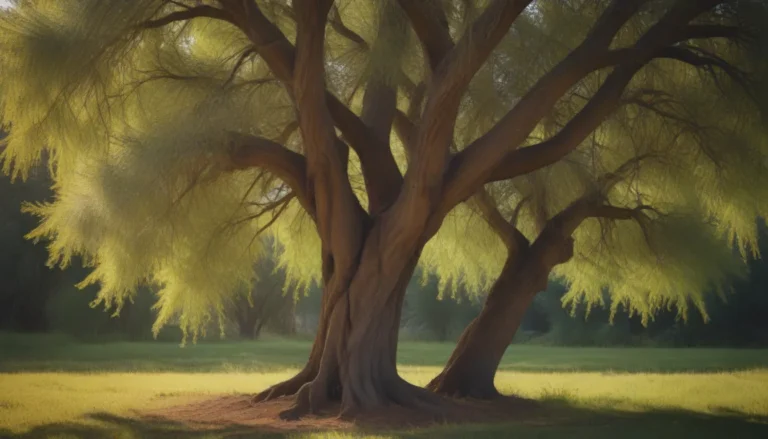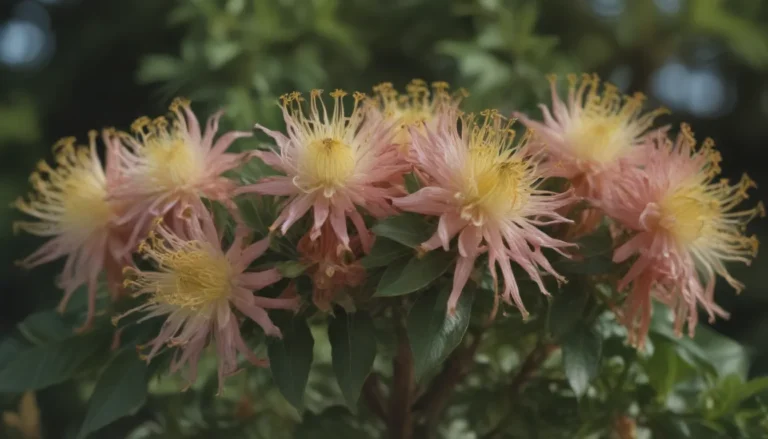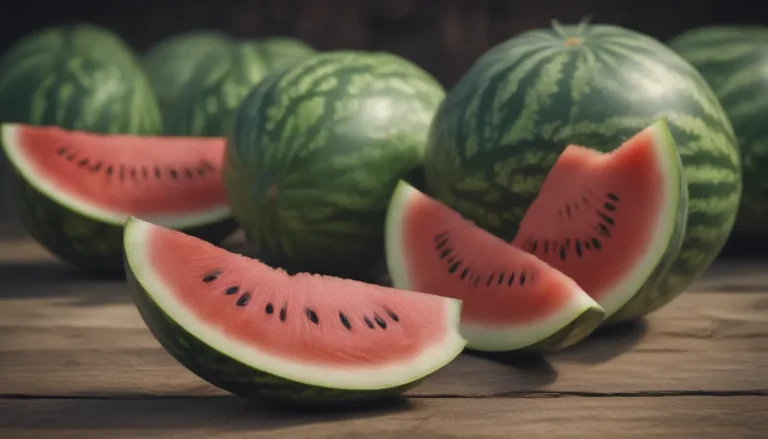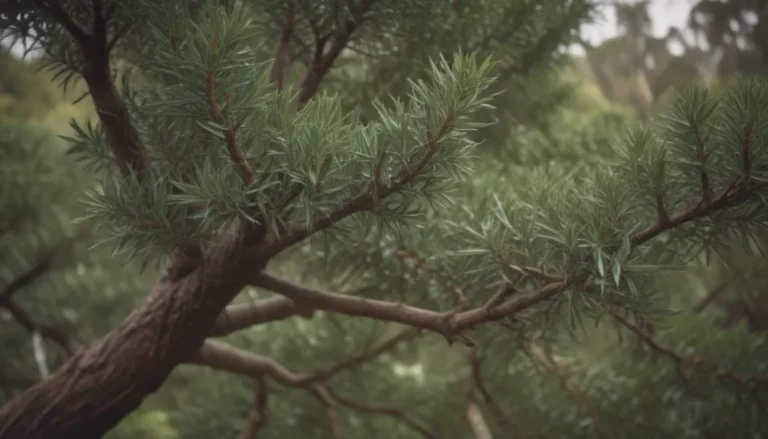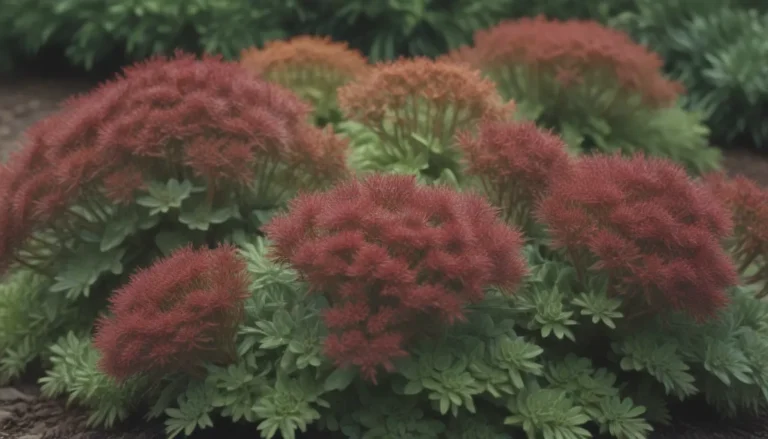The Ultimate Guide to Corn Companion Plants: How to Maximize Your Harvest
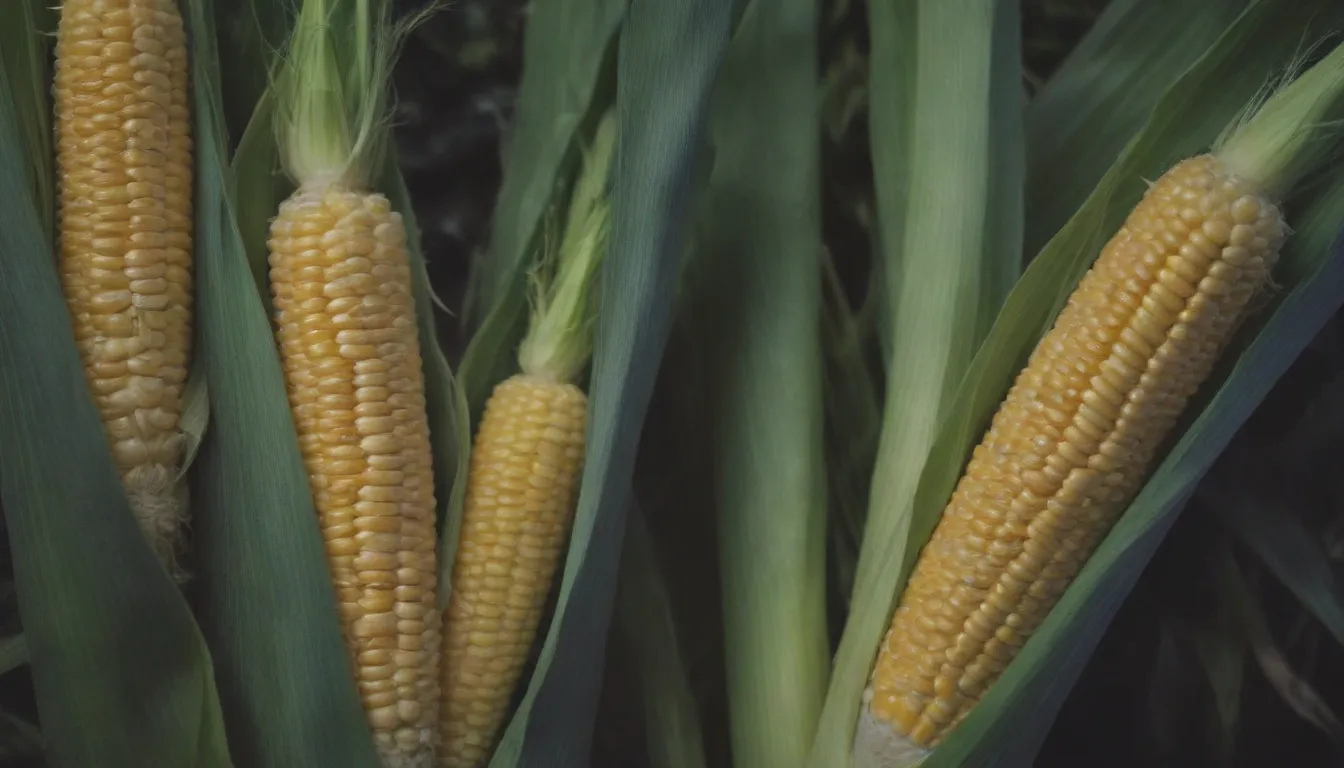
Corn is a staple in many home gardens, and for good reason. Not only is it a delicious addition to any summer meal, but it also plays a crucial role in companion planting. The Three Sisters method, which combines corn, beans, and squash, has been used for over 3,000 years to promote healthy, thriving crops.
Whether you’re a seasoned gardener or just starting out, understanding the concept of companion planting can take your garden to the next level. By planting certain crops together, you can deter pests, attract beneficial insects, and create a more harmonious growing environment for all your plants.
In this comprehensive guide, we’ll explore the best companion plants for corn, as well as some to avoid. We’ll dive into the science behind companion planting and provide practical tips for maximizing your harvest. So grab your gardening gloves and let’s get started!
What Is Companion Planting?
Companion planting is a gardening technique that involves planting different crops in close proximity to one another to benefit both plants. By choosing the right companions, you can improve soil health, reduce pest problems, and increase overall yield. While companion planting is based on observations and traditional wisdom rather than scientific studies, many gardeners swear by its effectiveness.
The Benefits of Companion Planting for Corn
When it comes to corn, choosing the right companions can make a significant difference in your harvest. Here are some of the top benefits of companion planting for corn:
- Deters pests
- Attracts beneficial insects
- Improves soil health
- Provides shade and support for other plants
Now that we understand the basics of companion planting, let’s explore some of the best companion plants for corn:
Good Companion Plants for Corn
Beans
Beans and corn have a long-standing relationship in the garden. Beans are able to fix nitrogen in the soil, which benefits the corn by providing it with additional nutrients. By planting beans and corn together, you can create a mutually beneficial environment where both plants thrive.
Garden Peas
Like beans, garden peas also fix nitrogen in the soil, making them an ideal companion for corn. Planting peas alongside your corn can help improve soil health and provide shade for the growing corn plants during the summer months.
Cucumbers
Cucumbers and corn make great companions in the garden. The tall stalks of corn provide shade for the cucumber plants, while the cucumber vines can use the corn stalks as a natural trellis. This combination helps conserve soil moisture, suppress weeds, and maximize growing space.
Summer Squash and Zucchini
Summer squash and zucchini are excellent companions for corn, as they help keep the soil cool and moist, suppress weeds, and provide additional support for the growing corn stalks. By planting these crops together, you can create a harmonious and productive growing environment.
Melons and Watermelons
While the fruit of melons and watermelons may be too heavy to be supported by corn stalks, these crops still make good companions for corn. Their dense foliage helps suppress weeds, retain soil moisture, and create a thriving ecosystem in your garden.
Winter Squash and Pumpkins
Winter squash and pumpkins are classic companions for corn in the Three Sisters planting method. The large leaves of squash vines help keep weeds at bay and improve soil moisture retention, while the corn stalks provide shade and support for the sprawling squash plants.
Lettuce
Lettuce is a cool-season crop that can benefit from the shade provided by corn during the hot summer months. By planting lettuce next to your corn, you can extend the growing season and enjoy fresh salads all summer long.
Potatoes
Potatoes are another good companion for corn, as they have different growth habits that allow them to coexist harmoniously in the garden. Potatoes take up mostly underground space, while corn towers aboveground, maximizing the use of garden space and promoting healthy growth for both crops.
Dill
Dill is a natural pest repellent that can benefit your corn crop by attracting beneficial insects like ladybugs, hoverflies, and lacewings. By planting dill alongside your corn, you can help control pests and create a more balanced ecosystem in your garden.
Nasturtiums
Nasturtiums are not only beautiful flowers but also effective pest deterrents in the garden. Planting nasturtiums near your corn can help repel pests like aphids and beetles, while their dense foliage suppresses weeds and retains soil moisture.
Plants to Avoid Growing Near Corn
While there are many plants that make excellent companions for corn, there are also some that should be avoided. Here are a few plants that don’t play well with corn:
- Tomatoes: Tomatoes and corn both require ample sunlight and space to grow, so planting them together can lead to competition for resources.
- Eggplants: Like tomatoes, eggplants can compete with corn for sunlight and space, which can hinder the growth of both crops.
- Cruciferous Vegetables: Vegetables like broccoli, cauliflower, and cabbage may struggle to thrive in the shade cast by tall corn plants, so it’s best to avoid planting them near corn.
By choosing the right companion plants for your corn crop and avoiding incompatible neighbors, you can create a thriving garden that produces bountiful harvests year after year.
Conclusion
Companion planting is a valuable technique that can help you maximize the potential of your garden. By selecting the right companions for your corn crop, you can create a balanced and sustainable growing environment that benefits all your plants. Whether you’re a beginner or seasoned gardener, incorporating companion planting into your garden can lead to healthier plants, fewer pest problems, and a more abundant harvest.
So next time you’re planning your garden layout, consider the benefits of companion planting and choose your plant companions wisely. With a little planning and creativity, you can create a thriving garden ecosystem that will reward you with fresh, delicious produce all season long. Happy gardening!
